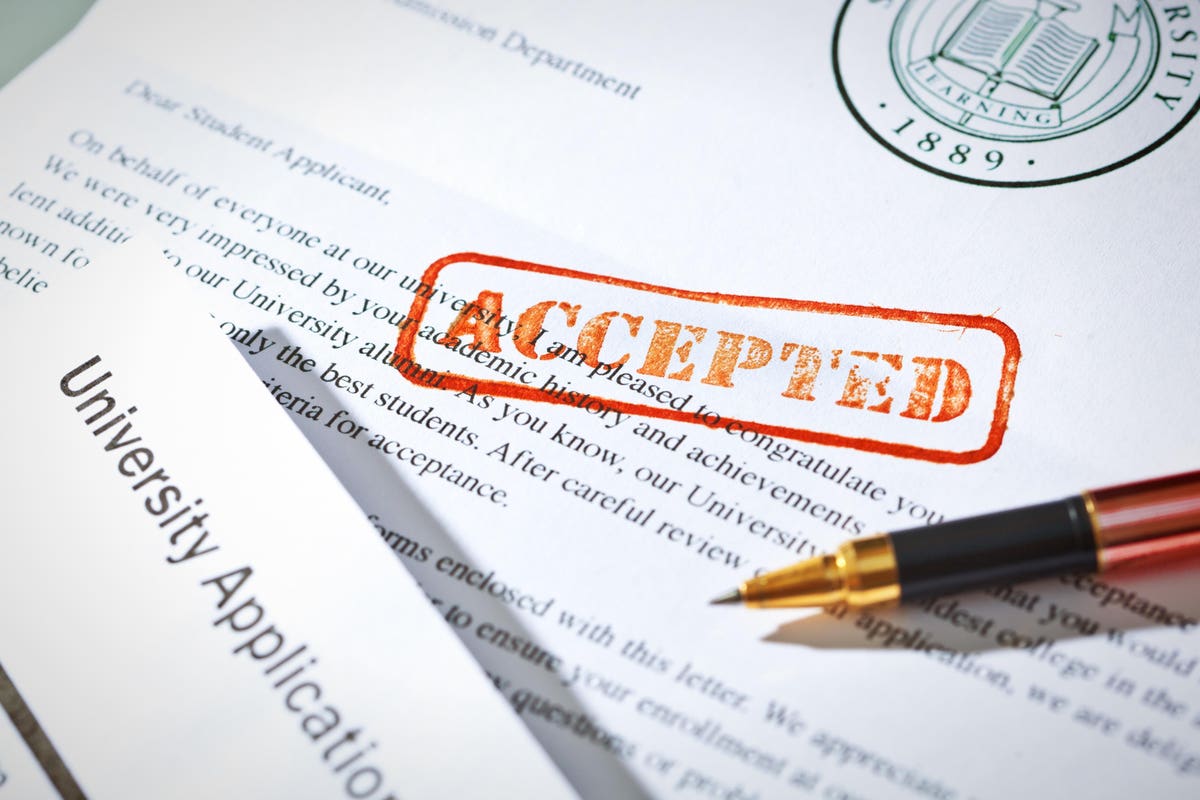The world of elite college admissions has undergone seismic shifts within the last few years—the Covid-19 pandemic, advances in artificial intelligence, and recent landmark Supreme Court rulings have significantly impacted the means by which prestigious colleges evaluate potential applicants. More than ever before, admissions committees are viewing students’ extracurricular involvements and activities outside the classroom as demonstrations of their motivation, leadership skills, and commitment to their core passions.
With this in mind, students with Ivy League dreams should be strategic about the activities they choose to participate in throughout their high school careers, seeking to tell a cohesive narrative about their interests and passions through their extracurricular involvements. Likewise, seniors who are applying this fall should put as much effort and strategy into their Activities List as they do their personal statement and other application materials. In order to compose a compelling and eye-catching Activities List, it is important to know what admissions officers at Ivy League and other top universities are looking for.
Here are three of the top qualities to demonstrate through your Common App Activities List & Honors in order to stand out to admissions committees:
1. Authentic Passion
Admissions officers value depth and authenticity in Activities Lists, rather than a large quantity of unrelated clubs and organizations. In short, quality is more important than quantity, so, to impress top schools, students should focus on activities that genuinely resonate with them. It is normal for students to explore different clubs throughout the course of their freshman year. Then, it is expected (and even advised) for them to discontinue their involvement with activities that do not align with their guiding interest over time. By sophomore year, students should identify activities that they are genuinely passionate about and plan to make a long-term commitment to those activities. Demonstrating commitment to a few core activities related to their “hook” will highlight students’ genuine interest and dedication—an important consideration in the admissions process.
2. Rigor and Uniqueness
Admissions officers do not regard all activities and honors in the same manner—students should be strategic and informed when choosing which to participate in or apply for. For example, competitive, merit-based summer programs are well-regarded, while pay-to-play pre-college summer programs do not necessarily convey a student’s academic prowess or college preparedness. In addition, simply being inducted into the National Honors Society and volunteering once a month to earn hours is not enough to impress admissions committees at top schools—students should use their participation as a vehicle for making impactful change in their communities if they want to stand out. NHS leaders can use their membership as an incubator for a unique passion project or a platform to recruit volunteers for a standout community initiative. Students should also pursue more competitive and nationally recognized honors and awards such as: Coca Cola Scholars Program, The New York Times Essay Contest, Regeneron Science Talent Search, Princeton Prize in Race Relations, and the YoungArts National Arts Competition. Winning one of these prestigious awards will signal to top colleges that students are prepared for the demands of collegiate coursework and motivated to use their skills to make an impact.
3. Consistency & Leadership Acumen
Admissions officers seek to admit students who take initiative and demonstrate the drive to effect positive change in their communities. If a student has been part of an organization since their freshman year and has taken on more responsibilities over time, they should emphasize this progression in their Activities List.
When compiling Activities Lists, students should emphasize the demonstrable impact they have had. Have they initiated projects, led teams, or organized events that produced positive outcomes? They should highlight these leadership roles and tangible achievements. Wherever possible, they should also include hard data, whether the amount of money they raised through a fundraiser, the percentage by which a club grew during their tenure as president, or the amount of meals they were able to distribute through the annual food drive they organized. Doing so will demonstrate their resilience and commitment to bettering the communities of which they are a part.
Students should keep in mind that they can emphasize their leadership abilities even in activities for which they did not serve a formal leadership role. For instance, if they participated in a prestigious summer program, they can emphasize their role in building collegiality and community amongst their peers in the program.
While academic excellence is the foundation for success in the college application process, extracurricular involvements and honors paint a holistic picture of who a student is and what they value. Choosing activities thoughtfully and describing them on the Common App with intentionality will increase students’ chances of impressing admissions officers and securing a spot at their dream school.
Read the full article here





